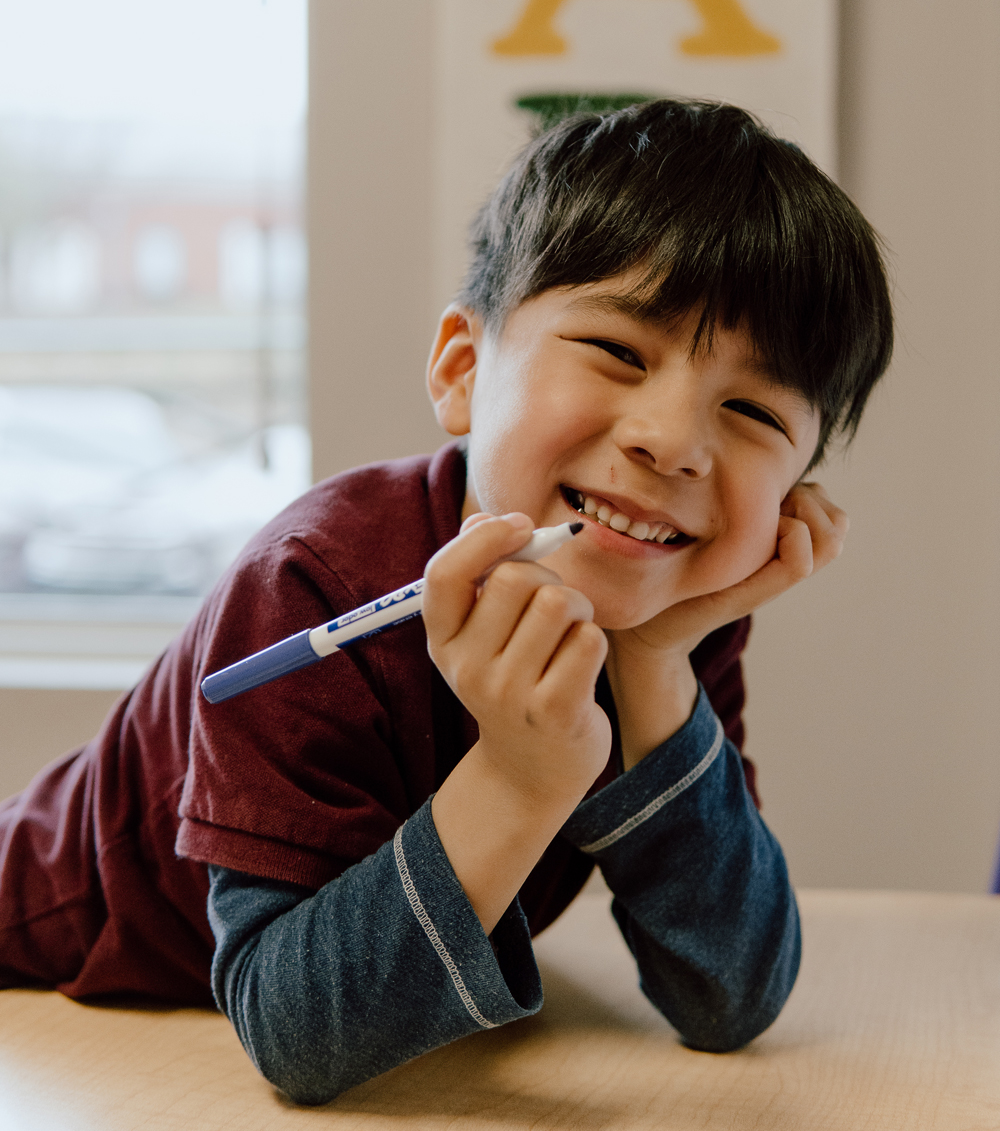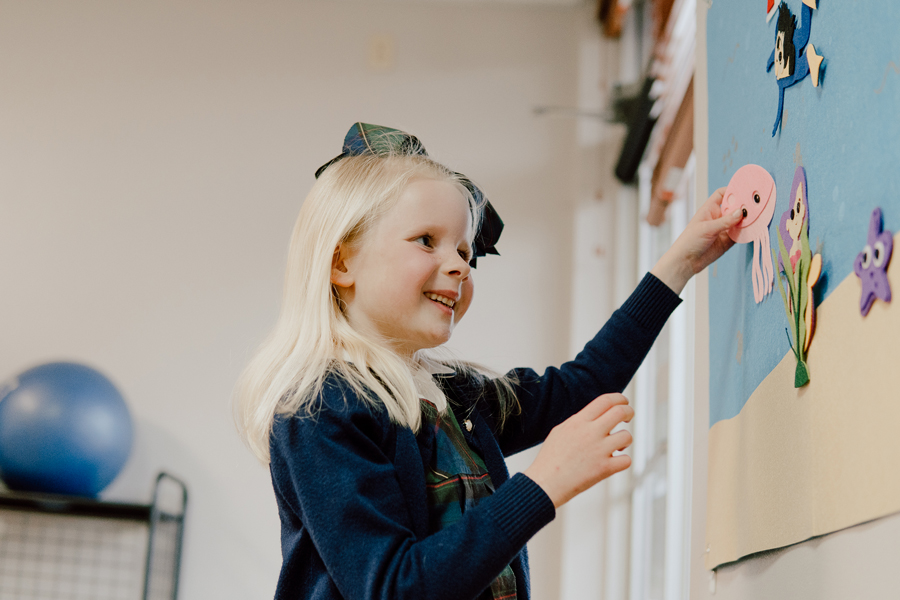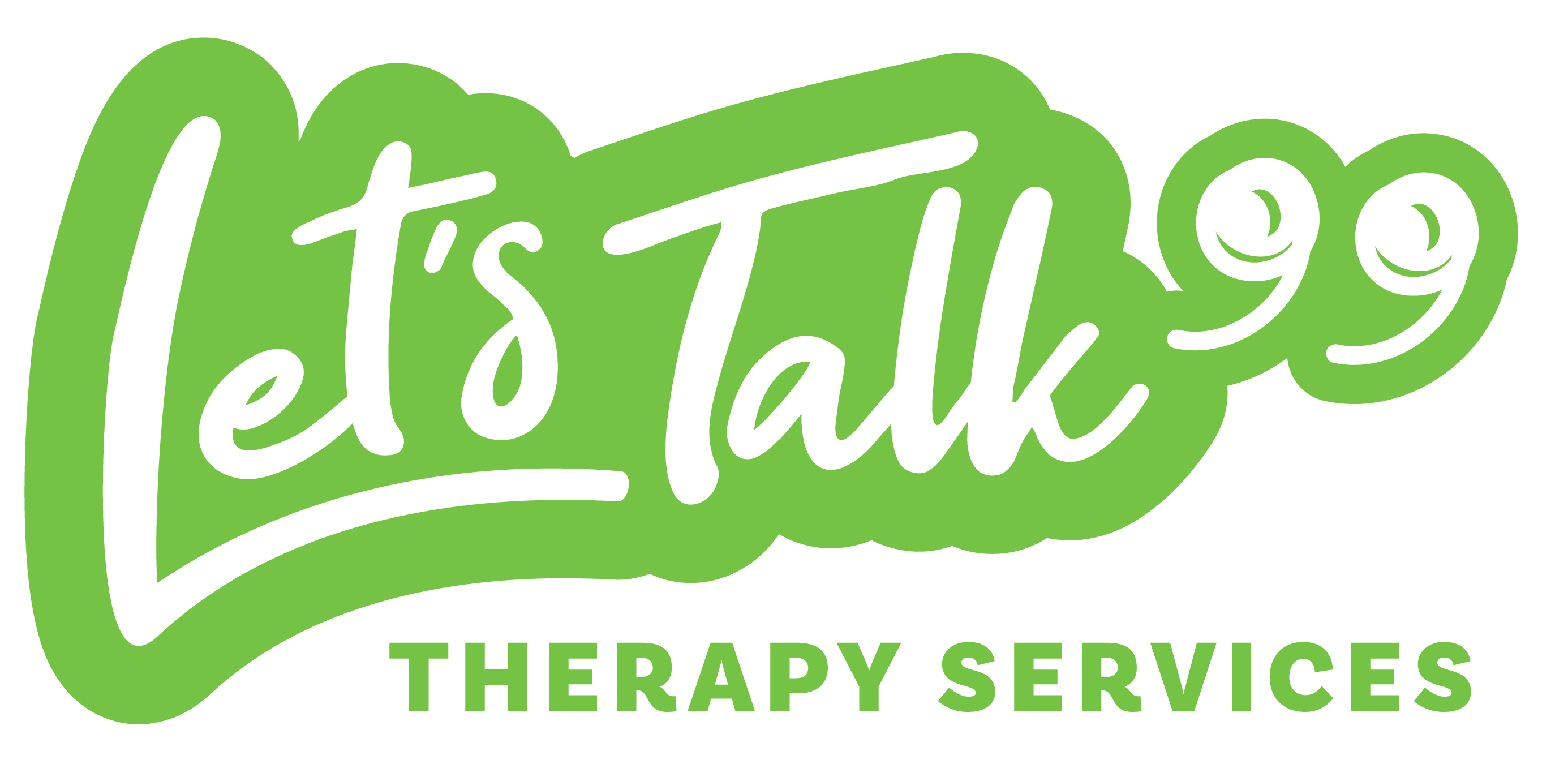Screenings and Evaluations

Things we look for during a screening
- Difficulty with daily tasks (dressing, eating, etc.)
- Challenges or frustration with speech
- Missing important milestones such as crawling, speaking, and walking
- Medical conditions that cause limitations or delays
- Difficulty socializing
- Difficulty understanding and following directions
- Challenges with play and other physical activities
- Struggles with handwriting
- Difficulty with personal hygiene
Therapy Screenings
What is a screening?
Screenings are free, short, informal meetings that are approximately 15 minutes long. You can call today or send a message to schedule. We primarily hold screenings at our office in Little Rock; however, in exceptional circumstances, we may be able to have a meeting at another public location. Prior to the meeting, you will be asked to submit a social history for your child to help us understand the circumstances. During the screening, you can share your observations and concerns and ask any questions you may have. We then use the information to determine if your child is eligible for an evaluation.
What is a screening for?
A screening aims to determine if your child should be evaluated. We take into account the developmental history, your observations, and other essential details from our discussion and consider if we think your child would benefit from therapy. Not every child requires therapy, so we must account for all available information. If we decide to move forward, based on your child’s needs, we’ll schedule an evaluation.
There’s no reason to worry about the screening process; just come ready with your questions and observations, and we’ll walk you through it. We know you may wonder, “What does a screening entail?” We don’t want you to be overwhelmed with the possibilities, so we’ve provided a short list of what we look for in a screening based on your observations and your child’s social history.
What happens after a screening?
After screening, we will schedule an evaluation if we believe your child may need therapeutic services. If we don’t think your child needs to be evaluated, then you can rest assured you don’t need to take any further steps. We will work with you to determine the best time if we deem an evaluation is necessary. We will want to do it sooner rather than later so your child can get any support needed as quickly as possible. Our assessments will determine the specific areas where your child needs support and help us establish a baseline to compare future progress.

Areas that are assessed during an evaluation
- Receptive Language (as appropriate for age; understanding directions, questions, etc.)
- Communication and expressive language skills
- Articulation (as appropriate for age; pronunciation, vocabulary, prosody, fluency, and speech irregularities such as repeated words or lack of speech)
- Fine motor control (such as pencil holding, tying shoes, and using utensils)
- Gross motor function (large body movements such as rolling over, walking, and jumping)
- Range of motion
- Strength
- Endurance
- Coordination
- Balance
- Muscle tone (both over-developed and under-developed muscles, which can be signs of a medical condition)
- Walking pattern (favoring one foot over another, toe-walking, etc.)
- Daily life skills (as appropriate for age; functional tasks such as putting on shoes)
- Visual perception abilities
- Milestone delays (both physical and cognitive)
- Physical limitations or abnormalities
- Mobility level
- Social and emotional skills
- Play
- Sensory processing
Evaluation is a continuous process.
Evaluation is pivotal in the therapeutic process. We use the initial assessments to establish the data’s baseline or starting point. As your child undergoes therapy, we will assess them regularly. This helps us see how well therapy is working and the growth they’ve made. These assessments make the process more objective and allow us to make informed decisions. We will share these updates with you because you are integral to your child’s therapeutic journey.
What is a treatment plan?
The evaluation is used to create a treatment plan, which is like a living, breathing document. As your child grows and meets their goals, their plan will be updated to reflect their progress and current needs. You can think of it as the “how-to” for how we’ll get your child where you want them to go. We celebrate every small step that brings them closer to the goal!
With a treatment plan, we take away the guesswork and clarify what we’re measuring and, perhaps more importantly, HOW we’re measuring it.
As your child’s treatment plan needs changes, we will discuss their progress and re-evaluate. In some cases, children may only need therapy for a short period of time, and we may decide they are doing so well they no longer need therapy! Other times, we may want to take them to the next level to encourage further growth.
Therapy Evaluations
What is an evaluation?
“Evaluation” might sound intimidating, but it’s just our way of understanding where your child is and what they need. It is a process that determines which, if any, services may be valuable for your child.
How do we do this? We start by pinpointing specific areas of challenge and limitations. We will consider three areas: speech and language, occupational and physical therapy. Some may have needs in all three areas, while others may only need help in one or two.
Our comprehensive evaluations use a combination of standardized tests, interviews with parents or teachers, and our own in-person observations. We use standardized tests to make the process objective; every client is given the same tests. This way, you can be confident your child is treated fairly and appropriately evaluated. Interviews with parents or teachers build on what you’ve provided in the social history and screening. If a daycare employee or teacher who interacts with your child on a regular basis has input, we consider their observations as well. Finally, we do our own observations and record the behaviors, challenges/limitations, and delays we notice.
We conduct early childhood therapy evaluations in our Little Rock office at 10310 W Markham St, Ste 201, Little Rock, AR.
How long does it take?
Generally, an evaluation will last 1-2 hours for us to gather all the information we need. We take our time to complete the assessments thoughtfully and thoroughly to ensure we account for all relevant information. When the evaluation is complete, we will begin our analysis of the data we’ve collected and write a detailed report.
What happens after an evaluation?
After an evaluation, we will interpret the collected data and decide on our recommendations for your child. We strive to complete this process thoroughly while still delivering it in a timely manner. We know the uncertainty can be difficult, and we try to ease the waiting process.
Once we’ve interpreted the results, we will compile them into a digestible report. We will provide you with this written report, which includes test results, recommendations, and a detailed treatment plan. We’re here to answer any questions you may have about the results and their meaning; we know it can be overwhelming to receive all this information at once if you don’t understand it. What’s the point of receiving a report if you don’t know what it means? That’s why we’ll take our time with you and make sure you feel like you understand the results.
In some cases, your child may need a level of care we are unable to give, in which case we will refer you to other providers. We believe every child deserves the best care for their needs; we always put the child first, even if that means referring them to another provider.
Therapy Evaluations

What is an evaluation?
“Evaluation” might sound intimidating, but it’s just our way of understanding where your child is and what they need. It is a process that determines which, if any, services may be valuable for your child.
How do we do this? We start by pinpointing specific areas of challenge and limitations. We will consider three areas: speech and language, occupational and physical therapy. Some may have needs in all three areas, while others may only need help in one or two.
Our comprehensive evaluations use a combination of standardized tests, interviews with parents or teachers, and our own in-person observations. We use standardized tests to make the process objective; every client is given the same tests. This way, you can be confident your child is treated fairly and appropriately evaluated. Interviews with parents or teachers build on what you’ve provided in the social history and screening. If a daycare employee or teacher who interacts with your child on a regular basis has input, we consider their observations as well. Finally, we do our own observations and record the behaviors, challenges/limitations, and delays we notice.
We conduct early childhood therapy evaluations in our Little Rock office at 10310 W Markham St, Ste 201, Little Rock, AR.
How long does it take?
Generally, an evaluation will last 1-2 hours for us to gather all the information we need. We take our time to complete the assessments thoughtfully and thoroughly to ensure we account for all relevant information. When the evaluation is complete, we will begin our analysis of the data we’ve collected and write a detailed report.
What happens after an evaluation?
After an evaluation, we will interpret the collected data and decide on our recommendations for your child. We strive to complete this process thoroughly while still delivering it in a timely manner. We know the uncertainty can be difficult, and we try to ease the waiting process.
Once we’ve interpreted the results, we will compile them into a digestible report. We will provide you with this written report, which includes test results, recommendations, and a detailed treatment plan. We’re here to answer any questions you may have about the results and their meaning; we know it can be overwhelming to receive all this information at once if you don’t understand it. What’s the point of receiving a report if you don’t know what it means? That’s why we’ll take our time with you and make sure you feel like you understand the results.
In some cases, your child may need a level of care we are unable to give, in which case we will refer you to other providers. We believe every child deserves the best care for their needs; we always put the child first, even if that means referring them to another provider.
Areas that are assessed during an evaluation
- Receptive Language (as appropriate for age; understanding directions, questions, etc.)
- Communication and expressive language skills
- Articulation (as appropriate for age; pronunciation, vocabulary, prosody, fluency, and speech irregularities such as repeated words or lack of speech)
- Fine motor control (such as pencil holding, tying shoes, and using utensils)
- Gross motor function (large body movements such as rolling over, walking, and jumping)
- Range of motion
- Strength
- Endurance
- Coordination
- Balance
- Muscle tone (both over-developed and under-developed muscles, which can be signs of a medical condition)
- Walking pattern (favoring one foot over another, toe-walking, etc.)
- Daily life skills (as appropriate for age; functional tasks such as putting on shoes)
- Visual perception abilities
- Milestone delays (both physical and cognitive)
- Physical limitations or abnormalities
- Mobility level
- Social and emotional skills
- Play
- Sensory processing
Evaluation is a continuous process.
Evaluation is pivotal in the therapeutic process. We use the initial assessments to establish the data’s baseline or starting point. As your child undergoes therapy, we will assess them regularly. This helps us see how well therapy is working and the growth they’ve made. These assessments make the process more objective and allow us to make informed decisions. We will share these updates with you because you are integral to your child’s therapeutic journey.
What is a treatment plan?
The evaluation is used to create a treatment plan, which is like a living, breathing document. As your child grows and meets their goals, their plan will be updated to reflect their progress and current needs. You can think of it as the “how-to” for how we’ll get your child where you want them to go. We celebrate every small step that brings them closer to the goal!
With a treatment plan, we take away the guesswork and clarify what we’re measuring and, perhaps more importantly, HOW we’re measuring it.
As your child’s treatment plan needs changes, we will discuss their progress and re-evaluate. In some cases, children may only need therapy for a short period of time, and we may decide they are doing so well they no longer need therapy! Other times, we may want to take them to the next level to encourage further growth.
